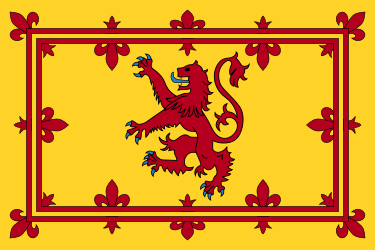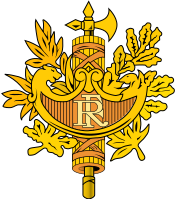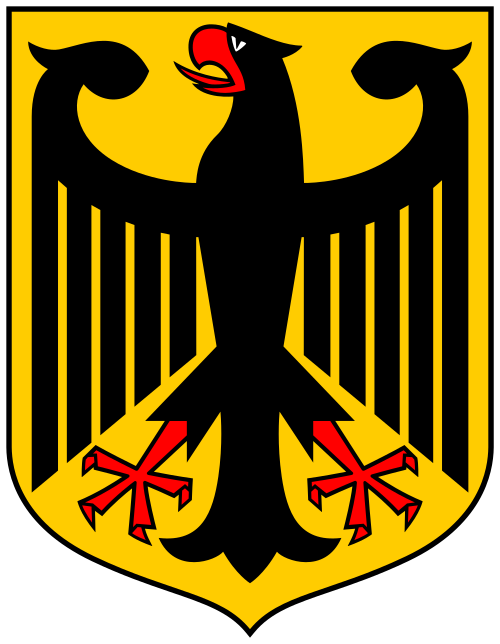"War Is The Statesman's Game & The Lawyer's Jest." - Percy Bysshe Shelley
Nowadays, practically every person who has any link to the field of negotiation is very interested in how the United States, Mexico & Canada are going to renegotiate the North American Free Trade Agreement (NAFTA). While those within the nations in question are naturally invested in the outcome, the rest of the global negotiator community is quite satisfied with being able to observe & learn from the process.
But it is human nature, that after all the coverage on the upcoming NAFTA renegotiation, outside observers would instinctively compare what is going on across the water in the United Kingdom. Contrary to how things used to be in past years where Americans were considered impulsive (& a little disorganized) while their British counterparts were staid & calm (even if not necessarily right), things sure have changed. US President Trump comes across as clear-headed & logical, but UK PM May...let us just say that the coming months will be a test of her administration's ability to maintain peace in Europe (assuming her party doesn't lose the June 8 elections, of course).
Anyway, there is no such thing as a problem without a solution. Mrs. May could do a far better job of convincing the global business community that she actually has a grip of the chaotic trade situation in the UK by looking at it as a series of unsolved mathematical problems, some of which are as follows:

1. Scotland
If the international media footage were anything to go by, the Scots were extremely upset (to say the least) with the announcement that Brexit had won the day. Now, whether Scotland actually does go through with breaking away from the UK depends almost entirely on whether Mrs. May can give Scottish First Minister Sturgeon concrete assurances that the financial loss Scotland has sustained through Brexit will be compensated for through London's economic policies in the weeks & months that follow.


2. France & Germany
Historically speaking, nobody has ever left the EU like the UK has done. Brexit may or may not prove beneficial to the UK economy, depending on the abilities of the incumbent Government, which will probably be the first administration to have to figure out how to manage the economy without the safety net of the British Colonies first & the EU later. But French & German imports are integral to the UK market. Considering that finding a suitable replacement partner before the economy begins to show signs of degradation is highly improbable, Mrs. May needs to find a way to re-establish trust between the UK, Germany & France.


3. International Organizations
In the past few years, UK organizations have gotten entangled in a series of embarrassing scandals. The British Council has verifiably made mistakes in maintaining accurate data on exam candidates (on top of which, the policy is to simply ignore repeated legal written requests to correct the inaccuracies); not too long ago, the DFID was found in possession of illegal surveillance equipment in Khyber Pakhtunkhwa Province, Pakistan (that case did bring about one response: Justine Greening was posted out, without admission of guilt). The British Government undoubtedly understands the important role such organizations play in maintaining the correct international image. Consequently, it is imperative that such unfortunate incidents are thoroughly investigated so as to prevent them from recurring.